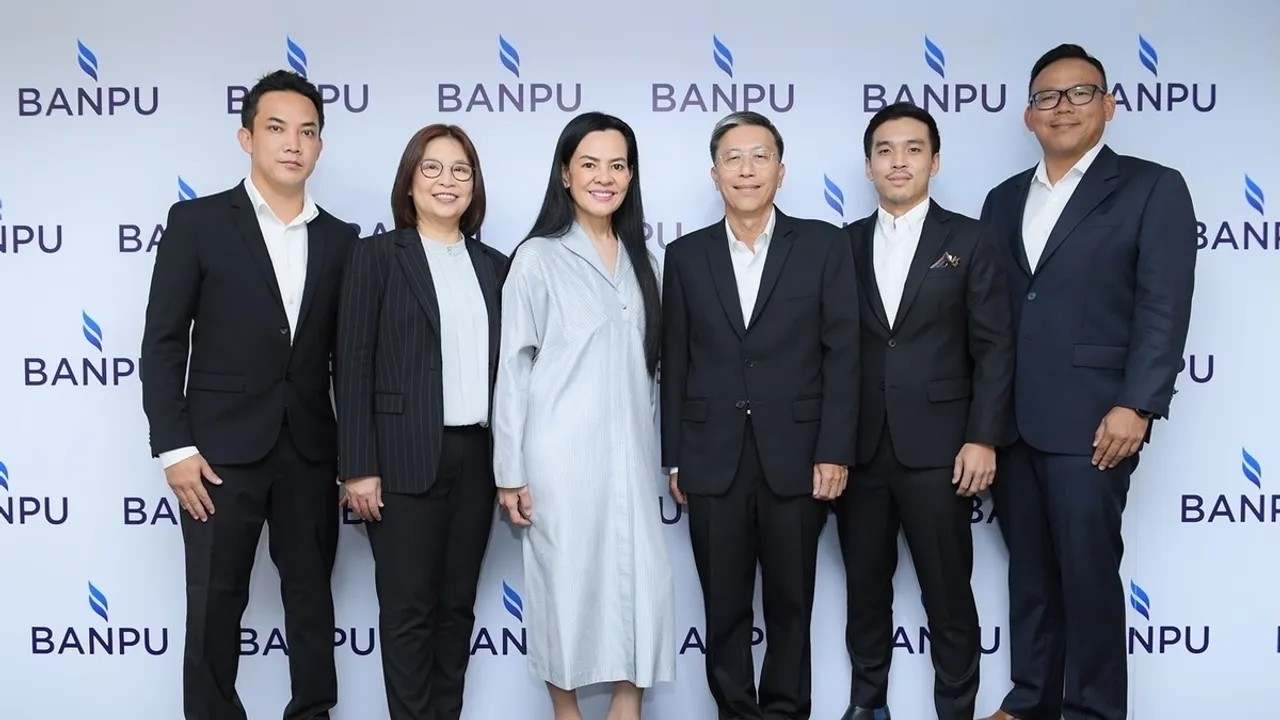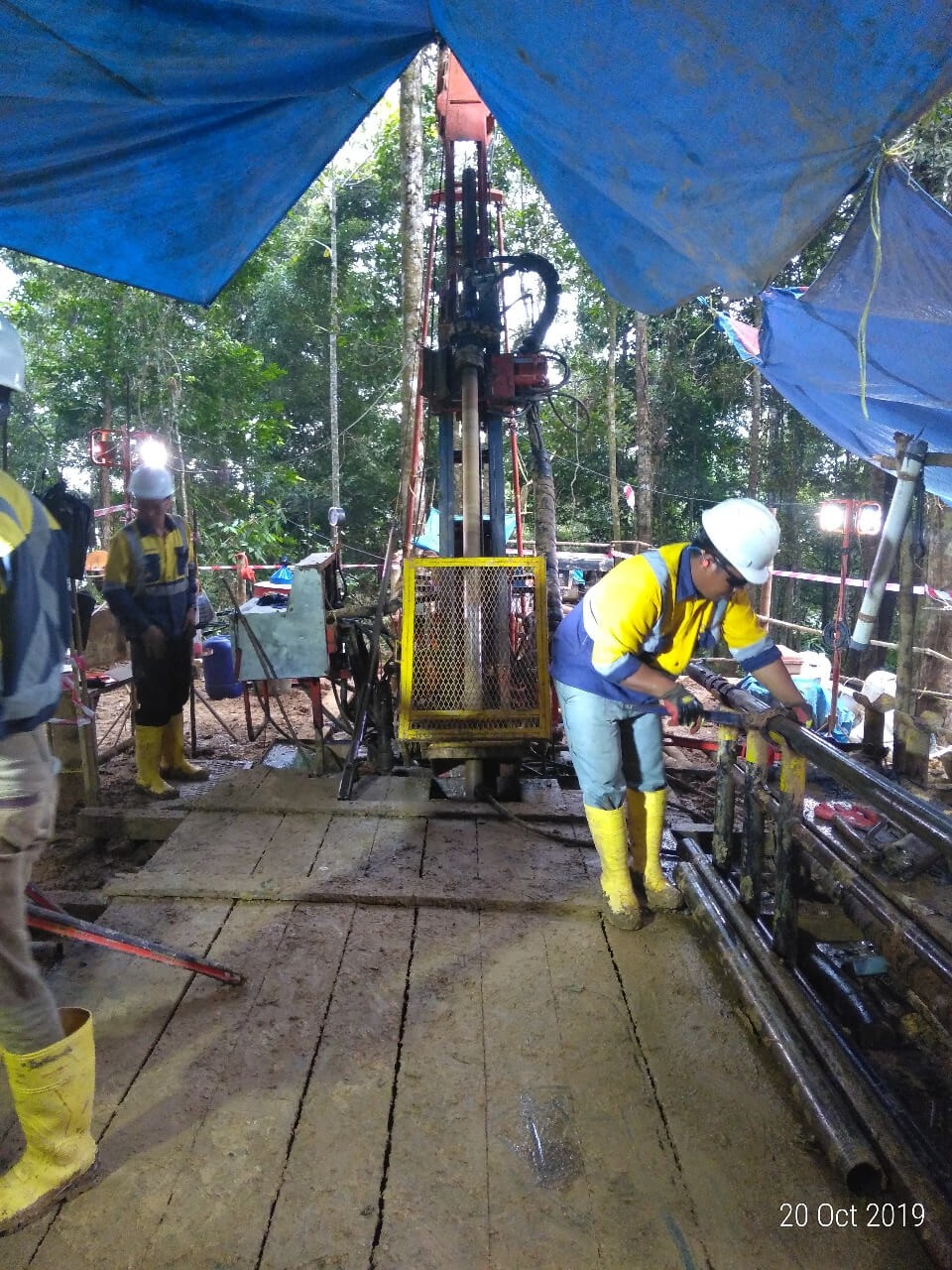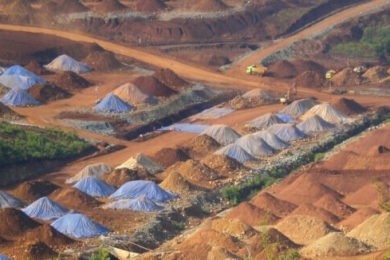The construction of PT Amman Mineral Nusa Tenggara's (AMNT) copper smelter is nearing completion. The project is currently in the commissioning phase, where all industrial plant systems and components are being tested to ensure they meet operational requirements.
"It's in the finishing stages, and preparations are underway," said Acting Governor of West Nusa Tenggara (NTB) Major General (Ret.) Hassanudin.
He expressed hope that the presence of PT AMNT's copper smelter will drive industrial progress and boost the local economy, ultimately leading to greater prosperity for the people of NTB.
"Hopefully, this smelter will have a significant positive impact on the development of the industry in NTB," he emphasized.
Head of the NTB Industry Office, Hj Nuryanti, stated that the smelter's construction progress has reached 95% and is currently undergoing commissioning. The office is also in the process of assisting with the smelter's industrial business license.
"We hope the license will be issued in time for the inauguration," she said.
She explained that the smelter will process natural resources that have traditionally been exported in raw form, thereby increasing the added value of the exported minerals. The smelter will use advanced technology to produce by-products such as gold, silver selenium, sulfur, and sulfuric acid.
"These are the products that will be produced by PT AMNT," she added.
Nuryanti believes this will lead to an increase in the local revenue (PAD) of West Sumbawa Regency and NTB Province, as well as create numerous job opportunities. "This will drive us in NTB to further develop our local workforce," she stated.
NTB must prepare itself to become a major player in the mining workforce. To achieve this, all related stakeholders in education need to make necessary adjustments.
Nuryanti, confident in the future of the developed manufacturing industry, emphasized that everything will eventually fall into place, with local industries fulfilling all the necessary requirements.
"The smelter must be accompanied by an industrial zone, where downstream activities will absorb even more labor," she explained.
As an example, she mentioned that sulfuric acid can be used as a raw material for other products such as cement, cables, and more.
Therefore, the next government task is to establish and manage an official industrial processing zone.
"We hope that an industrial zone manager will be appointed soon," she added.
In addition, it is hoped that NTB's small and medium-sized enterprises (SMEs) will play a role in supplying the workforce's needs on the ground. "We're on the right track here in NTB, focusing on developing our six priority sectors," she concluded.









